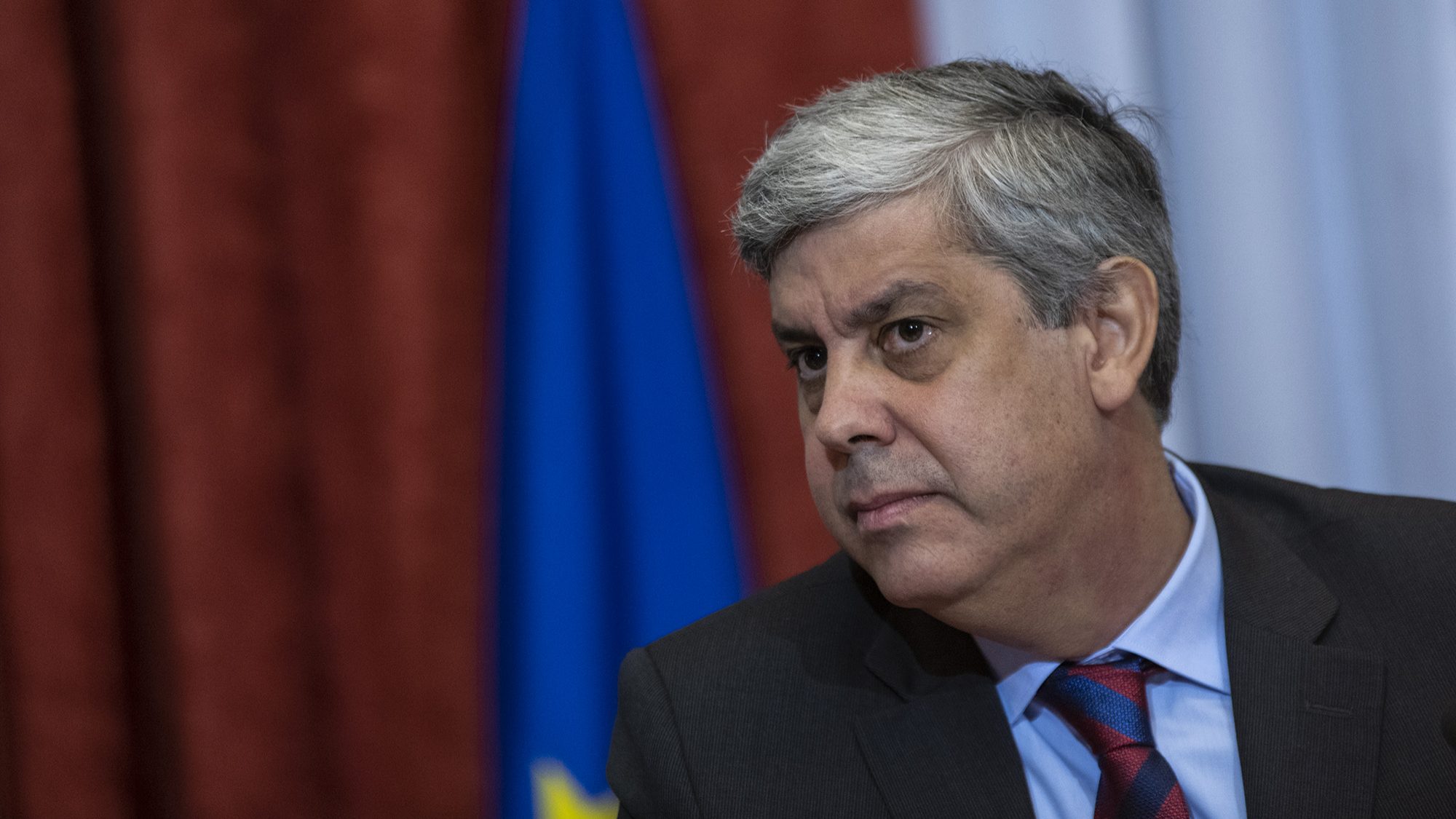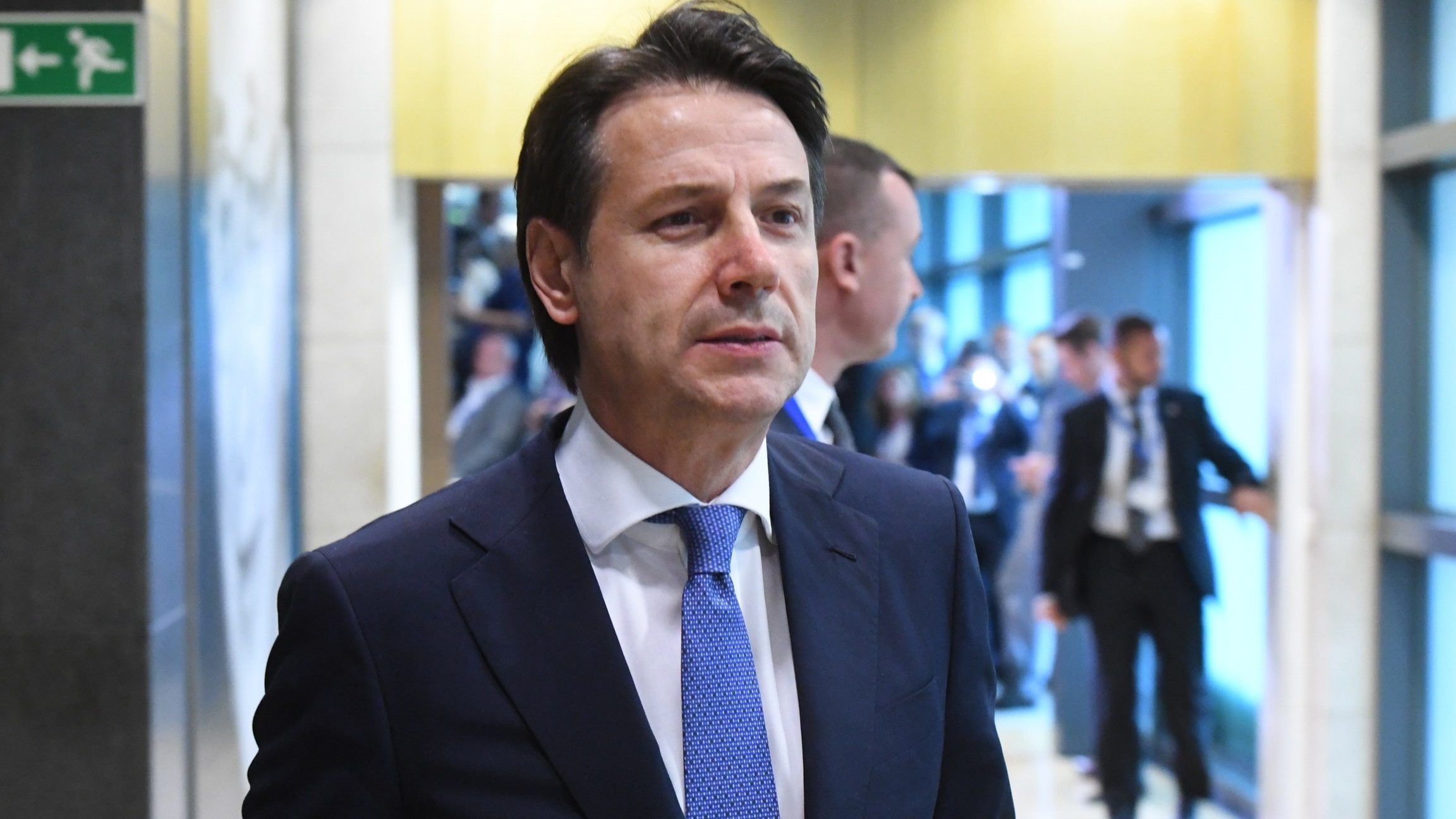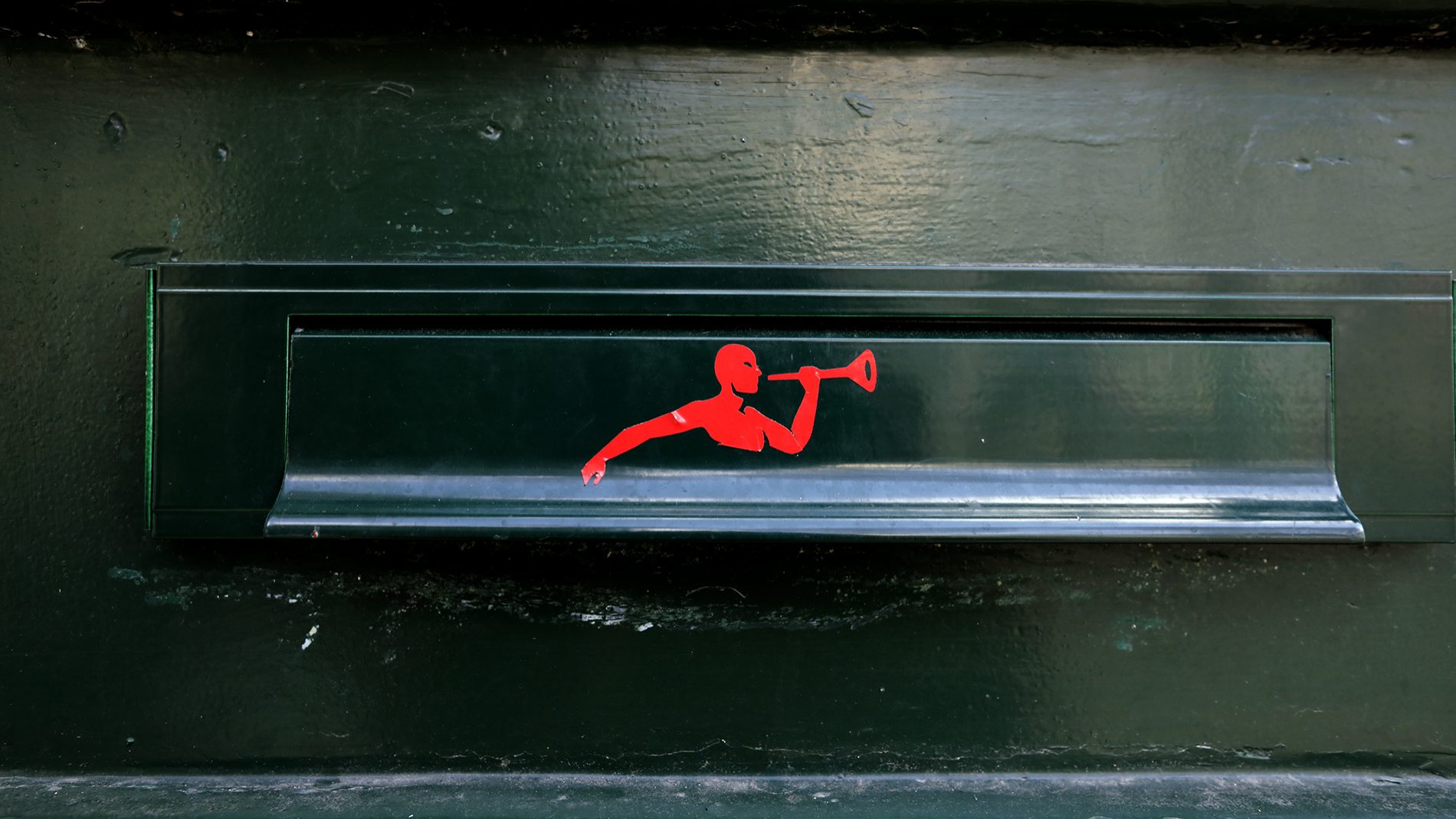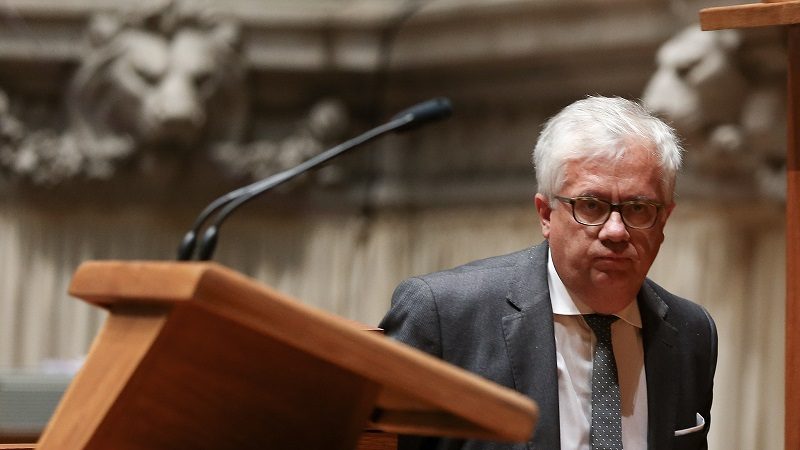Medina plans to increase number of taxes in Lisbon next year
Since having become the Mayor of Lisbon, Medina has almost doubled the number of taxes charged in the city. The municipality is planning to collect around €100m with the taxes next year.
The administration of Lisbon, led by Fernando Medina, wants to charge 165 taxes next year, in exchange for the services provided by the municipality. The resort to the taxes aiming at increasing income has benefited equally the central state and the municipality. In the capital, the increase in taxes for 2019 is almost double the amount paid in 2015, the year Medina became the Mayor of Lisbon.
The chart with the municipal taxes was part of the State Budget proposal presented last Monday, the 15th of October. This proposal will be discussed end of this month in a city council meeting, and afterwards, it will require the approval from Lisbon city’s Parliament.
For 2019, the administration of the city council expects that taxes, tickets and other such penalties will produce around €98.6 m in income. That means “an increase of €29.3 m (+42.2%), mostly motivated by the €1 increase in Lisbon’s tourist tax, which will be translated into an increase of about €22m for state revenue, and of around €6.9m from construction and infrastructure taxes and urban taxes, due to the increase in investment in requalification of the city.
In 2018, the city council had planned 166 taxes predicting to get a tax income of about €69 m (-10.3% than last year).
The surplus on the revenue hasn’t started only this year, as ECO noted. We looked at the Budget for 2015, still presented by António Costa, but executed by Medina, and that year had been already significantly influenced by the then-new tax on tourism, which will be aggravated in 2019.
In 2015, the complete chart of taxes presented in the Budget counted with 85 taxes, which would generate a €58.7m tax income. In four years’ time, Lisbon has doubled the amount of taxes charged in the city, representing around 65% of the city council’s income.




